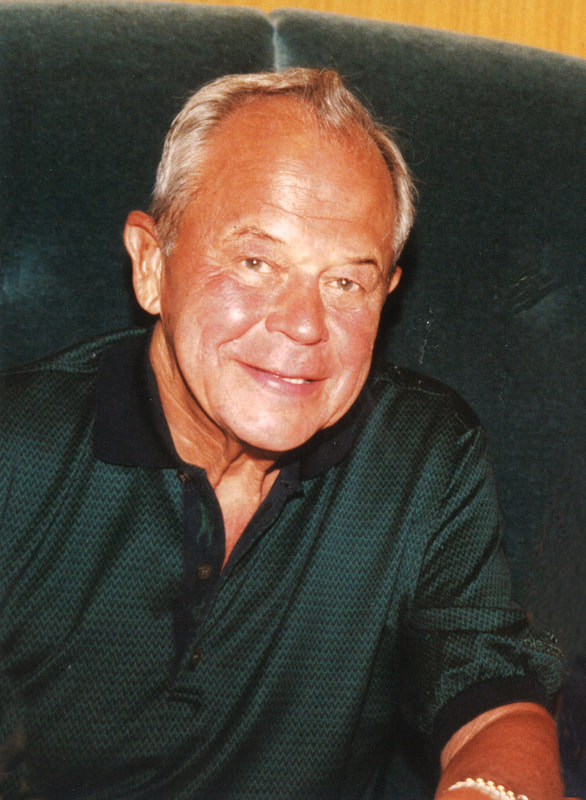The notes and tales from late Barrington WWII veteran Roy Wilkes, pictured, days in combat were used by his daughter to publish a compilation book comprising the information. - Original Credit: Elaine Wilkes
They say that time heals all wounds. Yet, the painfully raw spiritual and emotional wounds of war can take a lifetime to even begin to scab over.
The “Greatest Generation” experienced these lingering wounds all too well. Those male and female veterans of World War II had to grow up overnight. They did what they had to do and didn’t complain.
One such hero was our Barrington neighbor, Roy Wilkes. Roy, who passed away from pneumonia in January, was born and raised in Chicago, and lived in Barrington for over 50 years.
During those years he would tell his family stories about his war experience as a Marine, and his daughter, Elaine, was all ears.
“He was a storyteller, so he told really good stories,” she said.
When he died, Elaine found several of these stories that he had written down right after the war, “and thought they were too good to not have people read them,” she said.
Thus, began her fast compilation of her father’s stories and two of his interviews about the “cold realities of combat” into a new book entitled, War is Personal. Hell, Luck and Resilience: A WWII Combat Marine’s Accounts of Okinawa and China.
“It’s a short read, but it’s deep,” said Elaine, who added a eulogy at the end of the book and is thankful for the many pictures that the Marine Corps gave her to use. “You get a whole picture of what the war was like.”
Here are a few excerpts from his pithy, poignant, powerful and poetic writings: “Real wars are fought in rain, in mud, during dark days, and phosphorus-lit nights.”
“Here men die suddenly, swiftly, silently, afraid. The only constant is how fast their faces turn gray.”
“The grim reaper missed me. The dumb bastard had a close up swing at me on six different occasions – and missed.”
“He had to live with the sound of warfare 24/7 for months and months on end,” said Elaine. This meant having to discern whether the sounds were coming or going, which could immediately and gravely impact his comrades. Soon after a grenade went off and all of his platoon members died, Roy received the Purple Heart, but didn’t want his mother to know he was wounded.
As with many soldiers and veterans, Roy also had innumerable nightmares. Forty years after the war he was playing golf and panicked when he heard firing practice next door at Fort Bragg. “He wrote about this experience as well,” said Elaine, who added that it is amazing to see the different experiences of veterans. “One gets a silver star, one get court marshalled,” said Elaine. “When people say ‘Thank you for serving,” it is really great, but they don’t realize what some of these people have gone through.”
A key aspect to remember was that the young men that enlisted in World War II were often very young. Roy was 17 when he joined the Marines.
“It gives the big, brave marine stereotype a totally different spin,” said Elaine.
Yet, he was also smart and resourceful according to Elaine. Perhaps he learned it when his mother became sick and he was raised in a foster home. When he and his brother didn’t receive any Christmas gifts, Roy did not become bitter, but learned to look for the best in things.
At the end of his life, Roy became paralyzed after back surgery, but still maintained that positive outlook.
“He always tried to make each day a little better than before,” said Elaine. “Like the ‘Serenity Prayer,’ he lived that in action.”
Roy often told his family, “I reserve my mind for higher level thinking.”
Elaine shared that she was deeply touched by the stories she heard at a recent book signing:
“War is personal, not just for the person, but for the families, and even generations of families,” she said, and then told about a 12-year-old boy who came to the signing and “knew everything about the war. He knew more about the war than most adults!”
“It’s amazing how many people talked about somebody they knew that was affected by the war… and with the holidays and shopping you sometimes forget about what is important.”
She added, “Don’t die with a book still in you.”
Kimberly Albrecht is a Pioneer Press freelance columnist.



